July 16 stands as one of history’s most eventful days, witnessing the rise and fall of empires, groundbreaking discoveries, and moments that shaped our modern world across centuries of human achievement.
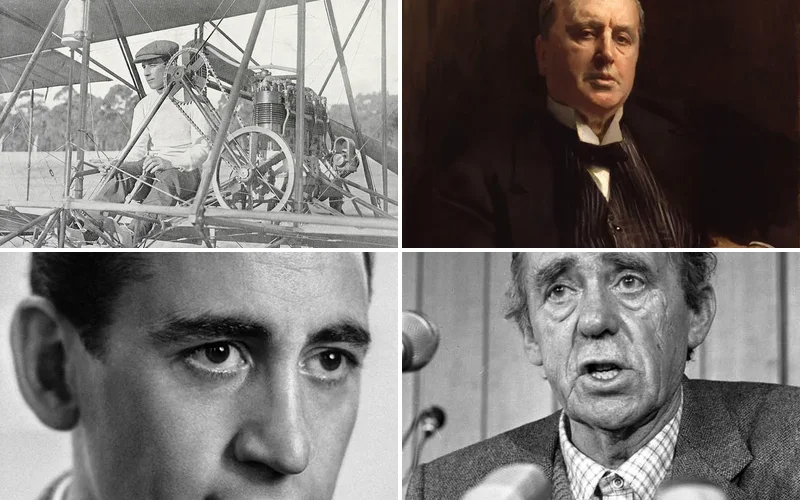
Politics and Government Events on July 16
1909 – Persian Constitutional Revolution Forces Shah Abdication
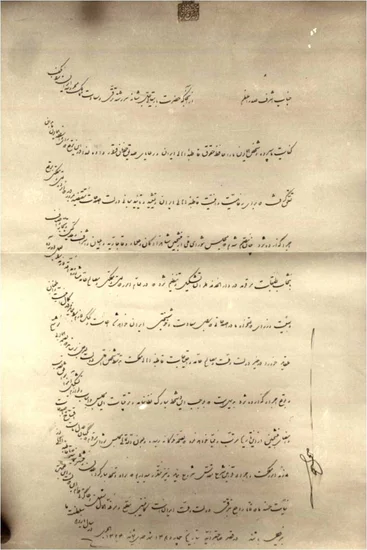
Mohammad Ali Shah Qajar faced mounting pressure from constitutional revolutionaries demanding democratic reforms. The Persian people successfully forced his abdication in favor of his young son Ahmad Shah Qajar.
Revolutionary forces had gained momentum throughout the empire, challenging centuries of absolute monarchy. This dramatic political transition marked a pivotal moment in Iran’s struggle toward constitutional governance.
1951 – King Leopold III Abdicates Belgian Throne

King Leopold III of Belgium formally abdicated his throne amid ongoing political controversy surrounding his wartime conduct. His son Baudouin immediately assumed the crown, bringing stability to the constitutional monarchy.
The abdication crisis had divided Belgian society for years following World War II. Leopold’s departure from power allowed the nation to move forward with renewed unity and purpose.
1979 – Saddam Hussein Assumes Iraqi Presidency
Iraqi President Ahmed Hassan al-Bakr resigned from office, immediately replaced by his deputy Saddam Hussein. The transfer of power consolidated Hussein’s control over Iraq’s ruling Ba’ath Party apparatus.
Hussein had been maneuvering behind the scenes for years to secure absolute authority. His assumption of the presidency would profoundly reshape Middle Eastern politics for decades to come.
1990 – Ukraine Declares State Sovereignty
The Parliament of the Ukrainian Soviet Socialist Republic boldly declared state sovereignty over Ukrainian territory. This historic declaration challenged Soviet central authority and accelerated independence movements across the USSR.
Ukrainian legislators courageously defied Moscow’s control despite potential severe consequences. Their sovereignty declaration became a crucial stepping stone toward full independence from the Soviet Union.
1948 – Israeli Forces Capture Nazareth
Israeli troops successfully captured Nazareth during Operation Dekel in the Arab-Israeli War. The city, revered by Christians worldwide as Jesus’s hometown, fell after minimal resistance from defending forces.
This strategic victory secured Israeli control over northern Galilee’s important religious sites. The capture of Nazareth demonstrated Israel’s expanding military capabilities during the independence war.
Military and Naval History on July 16
1942 – Vel’ d’Hiv Roundup Begins in Paris
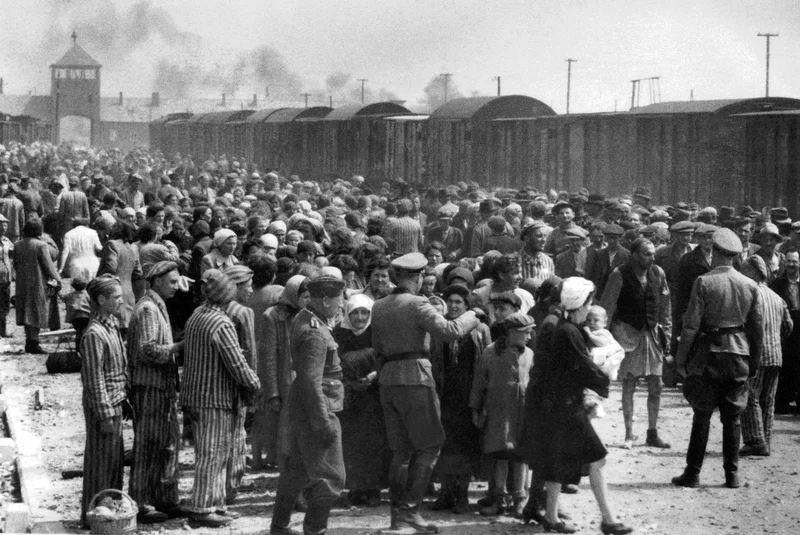
Vichy French authorities orchestrated the mass arrest of 13,152 Jews in occupied Paris. Victims were imprisoned at the Vélodrome d’Hiver sports stadium before deportation to Auschwitz concentration camp.
French police collaborated extensively with Nazi authorities to execute this horrific operation. The roundup represented one of France’s darkest chapters during the Holocaust’s systematic persecution campaign.
1945 – USS Indianapolis Departs with Atomic Bomb Components
The heavy cruiser USS Indianapolis departed San Francisco carrying crucial components for the atomic bomb “Little Boy.” The ship’s secret mission would deliver these materials to Tinian Island in the Pacific.
This classified voyage represented a pivotal moment in ending World War II. The Indianapolis crew unknowingly transported weapons that would fundamentally alter global warfare forever.
1927 – First Dive-Bombing Attack Repulses Sandino
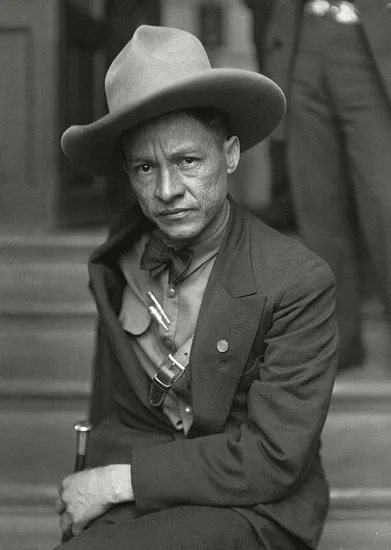
Augusto César Sandino led a daring raid against U.S. Marines and Nicaraguan forces in Ocotal village. American forces successfully repulsed the attack using one of history’s first coordinated dive-bombing operations.
This tactical innovation demonstrated evolving aerial warfare capabilities in Central American conflicts. The dive-bombing technique would later become standard military doctrine during World War II.
1950 – Chaplain-Medic Massacre Occurs

North Korean Army forces executed captured American prisoners of war in a brutal war crime. The massacre targeted military chaplains and medical personnel, violating international laws protecting non-combatants.
This atrocity exemplified the Korean War’s savage nature and disregard for humanitarian conventions. The incident galvanized American public opinion against Communist forces in the conflict.
Science and Discovery Milestones on July 16
1945 – First Nuclear Weapon Test Succeeds
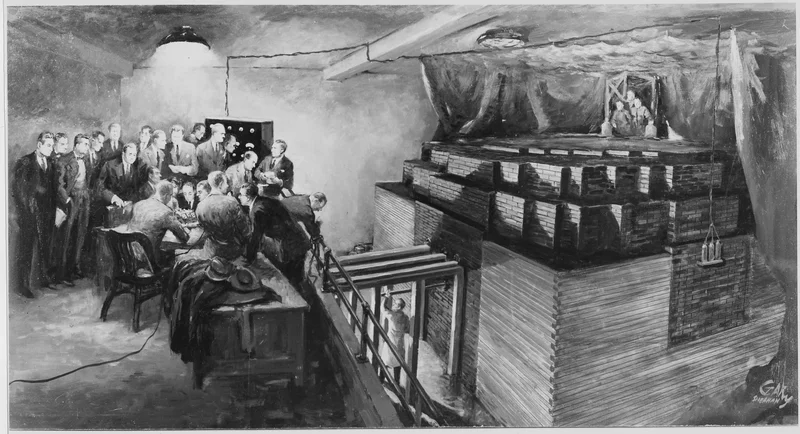
The Manhattan Project achieved its ultimate goal with the successful detonation of a plutonium-based nuclear device near Alamogordo, New Mexico. This Trinity test marked humanity’s entry into the atomic age.
Scientists and military observers witnessed an unprecedented display of destructive power. The test’s success fundamentally altered global politics and introduced nuclear weapons to human warfare.
1994 – Comet Shoemaker-Levy 9 Collides with Jupiter

Astronomers worldwide observed the spectacular collision of Comet Shoemaker-Levy 9 with Jupiter’s surface. The impact created massive explosions visible through telescopes, providing unprecedented scientific data about planetary collisions.
This cosmic event offered researchers invaluable insights into solar system dynamics and impact physics. The collision demonstrated Jupiter’s role as a cosmic vacuum cleaner protecting inner planets from catastrophic strikes.
1910 – First Australian Aircraft Flight Achieved
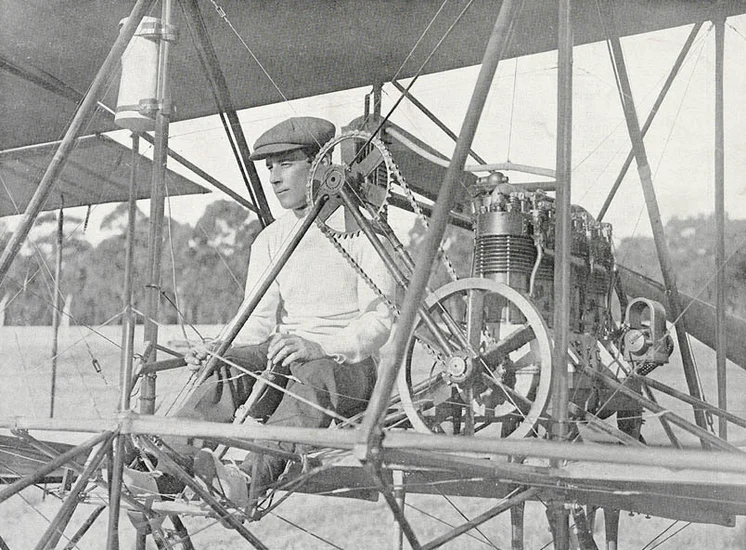
John Robertson Duigan successfully piloted the Duigan pusher biplane in Australia’s first powered aircraft flight. This historic achievement demonstrated Australia’s growing technological capabilities and aviation potential.
Duigan’s homemade aircraft represented years of dedicated engineering work and experimentation. His successful flight inspired a generation of Australian aviators and aircraft manufacturers.
Cultural and Arts Events on July 16
1951 – “The Catcher in the Rye” Published

J.D. Salinger’s controversial novel “The Catcher in the Rye” reached bookstores, immediately capturing readers’ attention. The book’s frank portrayal of teenage alienation resonated with post-war American youth culture.
Literary critics praised Salinger’s authentic voice and innovative narrative style. The novel would become one of America’s most influential and frequently challenged works of literature.
1956 – Ringling Brothers Circus Ends Big Tent Era
Ringling Bros. and Barnum & Bailey Circus performed its final show under the traditional “Big Tent” in Pittsburgh, Pennsylvania. Economic pressures forced the circus to abandon outdoor performances for indoor arenas.
This transition marked the end of an American entertainment tradition spanning generations. The circus’s move to arenas reflected changing consumer preferences and rising operational costs.
1915 – Henry James Becomes British Citizen
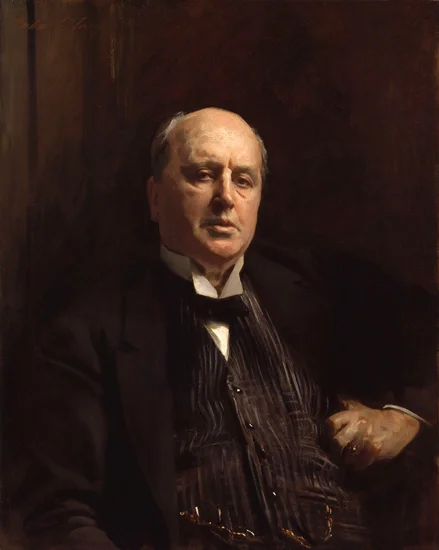
American author Henry James formally acquired British citizenship to demonstrate his commitment to Britain during World War I. The literary giant’s decision reflected his deep cultural ties to English society.
James’s naturalization symbolized the complex relationship between American and British intellectual communities. His citizenship change highlighted the war’s impact on international cultural figures.
Religious and Social Events on July 16
1931 – Ethiopia Adopts First Constitution
Emperor Haile Selassie signed Ethiopia’s first formal constitution, establishing a framework for modern governance. The document represented a significant step toward modernizing Africa’s oldest independent nation.
This constitutional milestone demonstrated Ethiopia’s commitment to progressive political reform. The emperor’s initiative positioned Ethiopia as a leader among African nations embracing democratic principles.
1915 – Order of the Arrow Founded

The first Order of the Arrow ceremony took place at Treasure Island on the Delaware River. This honor society was established to recognize Boy Scouts who best exemplified the Scout Oath and Law.
The organization created a new tradition of recognizing exemplary character among American youth. The Order of the Arrow would become Scouting’s national honor society, inspiring generations of young leaders.
2004 – Millennium Park Opens in Chicago

Mayor Richard M. Daley officially opened Millennium Park to the public, showcasing Chicago’s most ambitious early 21st-century architectural project. The park featured cutting-edge design elements and innovative public art installations.
This cultural landmark transformed Chicago’s downtown landscape and attracted millions of visitors annually. The park’s success demonstrated how thoughtful urban planning could revitalize city centers.
Business and Economic Events on July 16
1935 – World’s First Parking Meter Installed
Oklahoma City installed the world’s first parking meter, revolutionizing urban traffic management and municipal revenue generation. The innovative device addressed growing automobile congestion in city centers.
This technological solution transformed how cities managed limited parking resources. The parking meter concept spread rapidly across America, becoming a standard feature of urban infrastructure.
Transportation and Infrastructure on July 16
1965 – Mont Blanc Tunnel Opens

The Mont Blanc Tunnel officially opened, creating a vital transportation link between France and Italy through the Alps. This engineering marvel reduced travel time and improved trade connections between the two nations.
The tunnel’s completion represented a triumph of international cooperation and advanced construction techniques. This infrastructure project facilitated increased tourism and economic development in the Alpine region.
1969 – Apollo 11 Launches to Moon
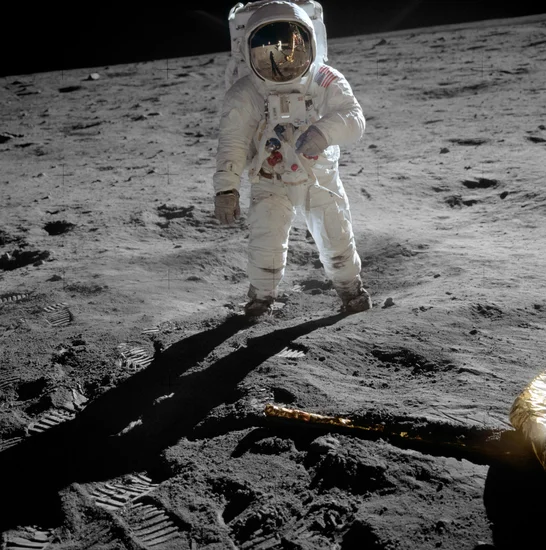
NASA launched the Apollo 11 mission from Cape Kennedy, beginning humanity’s first lunar landing attempt. The crew of Neil Armstrong, Buzz Aldrin, and Michael Collins embarked on this historic journey.
This launch culminated years of intense competition between American and Soviet space programs. The mission represented humanity’s greatest adventure and technological achievement of the twentieth century.
1948 – First Commercial Aircraft Hijacking

The Miss Macao passenger seaplane experienced aviation’s first commercial aircraft hijacking when attackers stormed the cockpit. This incident marked the beginning of a new era in aviation security concerns.
The hijacking demonstrated vulnerabilities in early commercial aviation operations. This event prompted the development of enhanced security protocols for passenger aircraft worldwide.
Sports and Recreation on July 16
1941 – DiMaggio’s 56-Game Hitting Streak

Joe DiMaggio achieved his 56th consecutive game with a base hit, establishing a Major League Baseball record that remains unbroken. This extraordinary achievement captivated the American public during a difficult period.
DiMaggio’s consistency and skill under pressure made him a national hero. His hitting streak became one of baseball’s most celebrated and seemingly unbreakable records.
1950 – Uruguay Wins World Cup
Uruguay defeated Brazil 2-1 in the 1950 World Cup final, shocking the host nation in an upset dubbed the “Maracanazo.” The victory occurred at the Maracanã Stadium before nearly 200,000 stunned Brazilian fans.
This triumph represented Uruguay’s second World Cup championship and demonstrated South American football excellence. The match became one of the most dramatic finishes in World Cup history.
2007 – Japan Earthquake Damages Nuclear Plant

A magnitude 6.8 earthquake struck off Japan’s Niigata coast, killing eight people and injuring over 800. The tremor caused significant damage to the Kashiwazaki-Kariwa nuclear power plant, raising safety concerns.
This natural disaster highlighted vulnerabilities in Japan’s nuclear infrastructure. The incident prompted enhanced safety protocols and emergency preparedness measures at nuclear facilities nationwide.
Notable Births on July 16
1911 – Ginger Rogers Born

American actress and dancer Ginger Rogers entered the world in Independence, Missouri. Her natural talent for performance would soon captivate audiences across the entertainment industry.
Rogers would become one of Hollywood’s most beloved stars through her legendary dance partnerships with Fred Astaire. Her grace and charisma helped define the golden age of American musical cinema.
1964 – Miguel Induráin Born
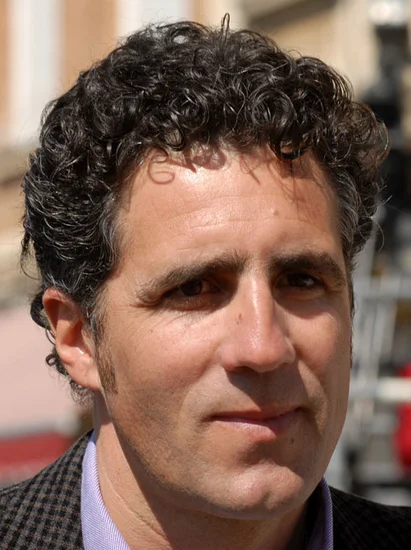
Spanish cyclist Miguel Induráin was born in Villava, Navarre, destined to become one of cycling’s greatest champions. His exceptional endurance and time trial abilities would dominate professional cycling.
Induráin would win five consecutive Tour de France titles, establishing himself as cycling’s premier athlete. His achievements inspired a generation of Spanish cyclists and elevated the sport’s profile internationally.
1967 – Will Ferrell Born

American comedian and actor Will Ferrell was born in Irvine, California, beginning a journey toward entertainment stardom. His natural comedic timing and improvisational skills would revolutionize contemporary comedy.
Ferrell would become one of Saturday Night Live’s most memorable cast members before transitioning to successful film career. His unique brand of humor would influence comedy for decades to come.
1989 – Gareth Bale Born

Welsh footballer Gareth Bale was born in Cardiff, Wales, destined for international football greatness. His exceptional speed and left-footed striking ability would make him one of the world’s premier players.
Bale would achieve remarkable success with Real Madrid and the Welsh national team. His athletic achievements helped elevate Welsh football to unprecedented heights on the international stage.
1968 – Barry Sanders Born

American football player Barry Sanders was born in Wichita, Kansas, beginning a path toward NFL greatness. His extraordinary running ability and elusive style would revolutionize the running back position.
Sanders would become one of the NFL’s most electrifying players during his Detroit Lions career. His combination of speed, agility, and vision made him one of football’s greatest performers.
Notable Deaths on July 16
1999 – John F. Kennedy Jr. Dies
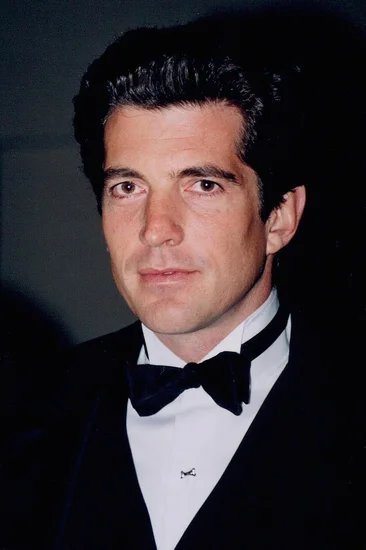
John F. Kennedy Jr., son of the 35th President, died in a plane crash off Martha’s Vineyard. The 38-year-old lawyer and publisher was piloting the aircraft when it crashed into the Atlantic Ocean.
Kennedy Jr. had become a prominent figure in American media and politics. His tragic death ended the life of one of America’s most recognizable political dynasties’ members.
2003 – Celia Cruz Dies

Cuban-American singer Celia Cruz, known as the “Queen of Salsa,” died at age 77. Her powerful voice and dynamic stage presence had made her one of Latin music’s most celebrated performers.
Cruz’s career spanned over five decades, during which she became a cultural ambassador for Latin music. Her passionate performances and infectious energy brought salsa music to global audiences.
1985 – Heinrich Böll Dies
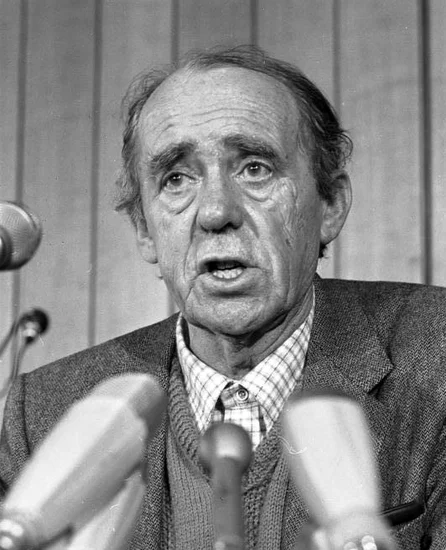
German novelist Heinrich Böll, winner of the Nobel Prize in Literature, died at age 67. His powerful writings about post-war Germany had earned him international acclaim and recognition.
Böll’s works explored the moral complexities of German society following World War II. His literary contributions helped shape understanding of Germany’s post-war cultural transformation.
1981 – Harry Chapin Dies

American singer-songwriter Harry Chapin died in a car accident at age 38. His folk-rock ballads and humanitarian efforts had made him a beloved figure in popular music.
Chapin’s songs often told compelling stories about ordinary people facing life’s challenges. His commitment to fighting hunger and poverty demonstrated his deep social conscience beyond music.
2017 – George A. Romero Dies

American filmmaker George A. Romero died at age 77, leaving behind a revolutionary legacy in horror cinema. His zombie films had fundamentally transformed the horror genre and popular culture.
Romero’s “Night of the Living Dead” created the modern zombie archetype and established him as horror’s most influential director. His work continues to inspire filmmakers and define zombie mythology.
Holidays and Observances on July 16
Our Lady of Mount Carmel
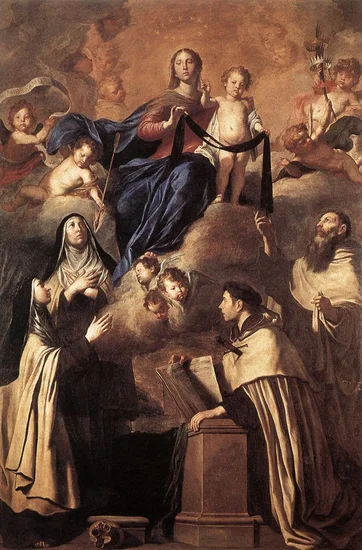
Catholic churches worldwide celebrate the feast day of Our Lady of Mount Carmel, honoring the Virgin Mary’s protection of the Carmelite order. This religious observance holds special significance for Carmelite communities globally.
The celebration includes special masses and devotional practices across Catholic parishes. Many believers participate in processions and wear the brown scapular associated with this Marian devotion.
Holocaust Memorial Day in France
France officially observes Holocaust Memorial Day, commemorating the victims of Nazi persecution and the Vel’ d’Hiv Roundup. The government established this day to honor Holocaust victims and educate future generations.
French officials and citizens participate in memorial ceremonies and educational programs. The observance serves as a solemn reminder of the importance of protecting human rights and dignity.
Engineer’s Day in Honduras
Honduras celebrates Engineer’s Day, recognizing the vital contributions of engineering professionals to national development. The country honors engineers who design infrastructure and technological solutions for societal advancement.
Engineering associations organize professional development events and public recognition ceremonies. The day highlights the crucial role engineers play in building Honduras’s future infrastructure and technological capabilities.
